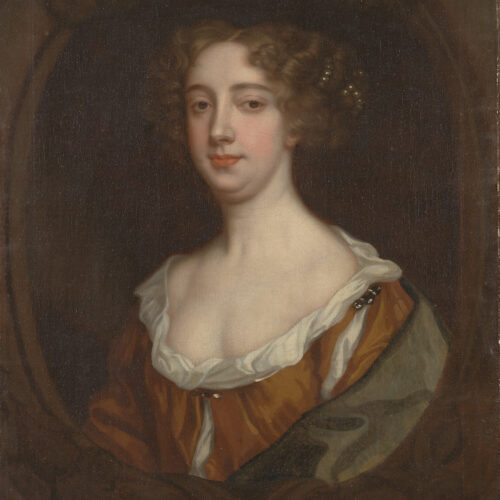

…that perfect Tranquility of Life, which is no where to be found, but in retreat, a faithful Friend and a good Library…
Aphra Behn, The Lucky Mistake (1689)
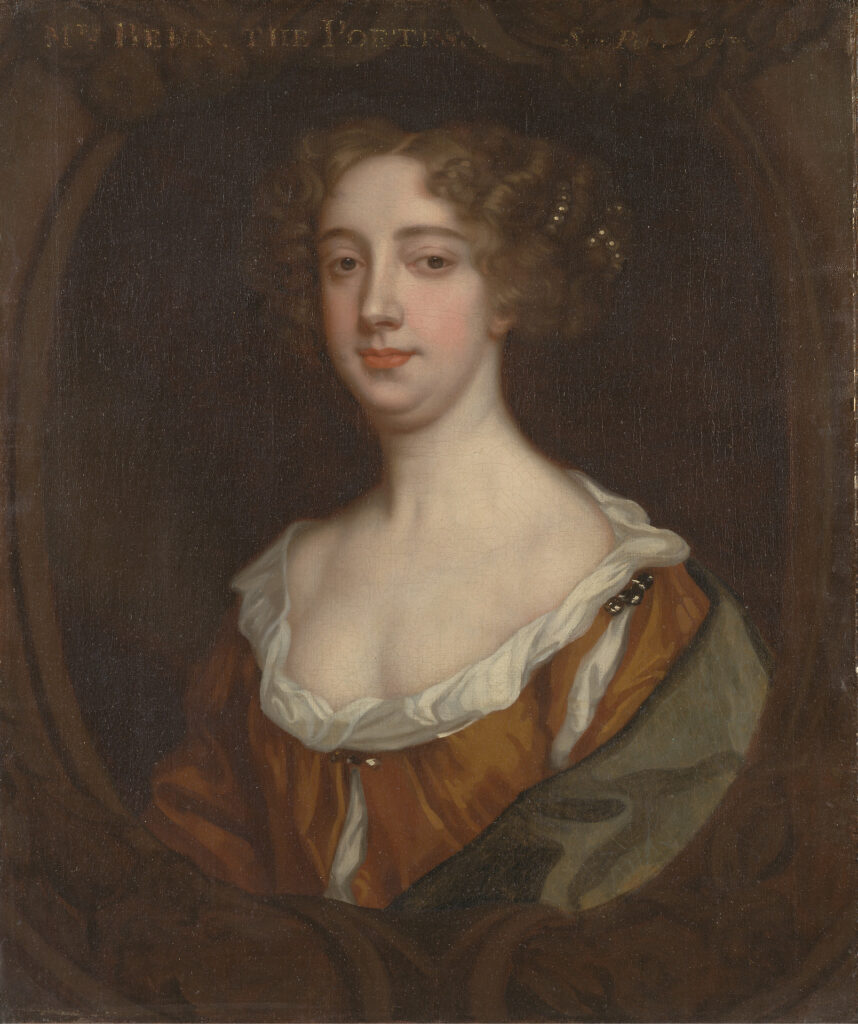
Aphra Behn was, according to Virginia Woolf, the first English woman to earn her living as a writer, and was certainly the most successful woman writer of her age, producing plays and novels.
Little is known about her life, but she was famous in her lifetime for her plays, poetry and fiction. Her short novel Oroonoko: or, the Royal Slave is the story of an African prince, in love with a beautiful African princess; both are enslaved and taken to Surinam, in South America. There Oroonoko inspires a slave revolt and is cruelly punished.
The story is remarkable for its sympathetic portrayals of the noble and virtuous Oroonoko, his lover Imoinda, and of African and Amerindian culture. Behn visited Surinam, probably in 1663-4, and the story is based on experience.
Behn is critical of the slave trade and the hypocrisy of Christians, and, as narrator, often expresses ideas that seem ahead of her time, making a clear distinction between morality and religion. She describes a Frenchman as ‘a man of very little religion [but with]…admirable morals and a brave soul.’
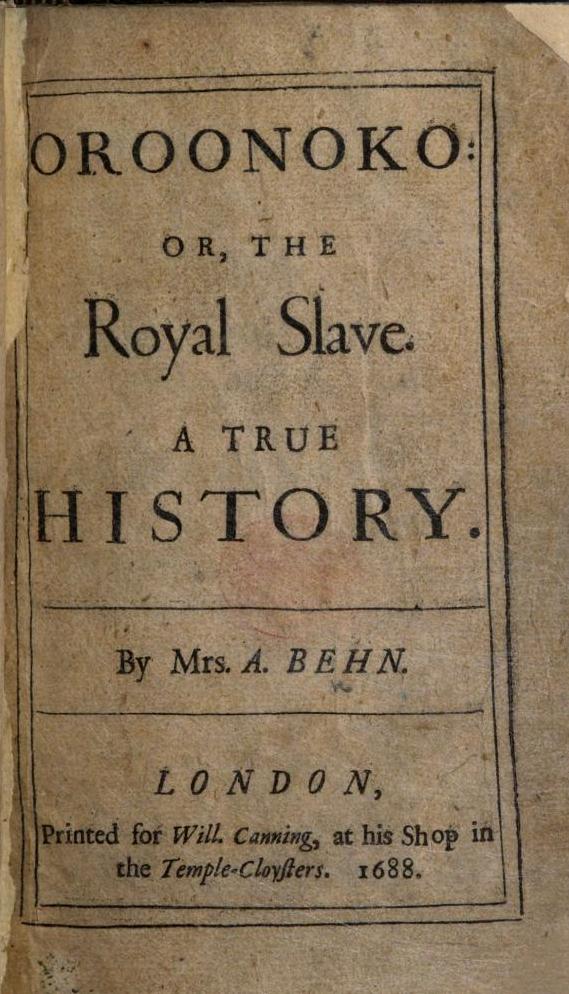
She gives Oroonoko a speech in which he responds to an oath (later broken) made by a Christian:
sworn in the name of a great god, which if he should violate, he would expect eternal torment in the world to come. ‘Is this all the obligation he has to be just to his oath?’ replied Oroonoko. ‘Let him know I swear by my honour, which to violate would not only render me contemptible and despised of all brave and honest men, and so give myself perpetual pain, but it would be eternally offending and diseasing all mankind…’
This linking of morality with personal integrity and the respect of others, rather than with fear of eternal punishment, is essentially humanist. The story is also of interest to humanists as an early example of a critique of aspects of Christian culture:
Such ill morals are only practised in Christian countries where they prefer the bare name of religion and, without virtue or morality, think that’s sufficient.
Recognised for its wide-ranging and open-minded humanity, it was popular and widely read, and is often seen as an early anti-slavery novel.
Behn is buried in the East Cloister of Westminster Abbey, London. Her epitaph reads: ‘Here lies a Proof that Wit can never be Defence enough against Mortality.’ As Behn herself had written in her poem ‘The Golden Age’:
The sun and Spring receive but our short light,
Once set, a sleep brings an eternal night.
All women together ought to let flowers fall upon the tomb of Aphra Behn which is, most scandalously but rather appropriately, in Westminster Abbey, for it was she who earned them the right to speak their minds.
Virginia Woolf, A Room of One’s Own (1929)
Maureen Duffy, in her biography of Behn (The Passionate Shepherdess), describes her religion as ‘rational, unsuperstitious and not at all guilt-ridden.’ Behn also remains a source of fascination and inspiration in the study of women’s history and literature. As the Poetry Foundation notes:
Aphra Behn’s later reputation as a playwright, novelist, and poet has benefited from her value as a model for women writers as noted first by those distinguished Victorian women of letters, Vita Sackville-West and Virginia Woolf. Sackville-West’s early biography (1927) and Woolf’s memorializing of Behn in A Room of One’s Own (1929) as the first woman in England to earn her living by writing place Behn foremost in feminist literary history. The complexity of Behn’s verse, its logical argument, pastoral and courtly conventions, biblical and classical allusions, and incisive social comment define a unique poetic vision.
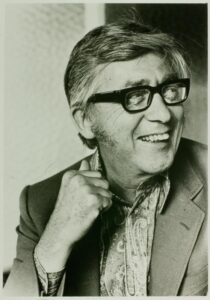
Because no one will believe without a splash from a fontTheir baby will howl in eternal cold, or fire,And no […]
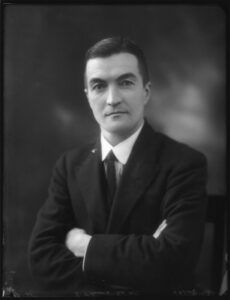
It was early in the war, and we were stationed at a pleasant village in Sussex. One evening a sergeant […]

While there is much that we do not know, humans are responsible for what we are or will become. No […]
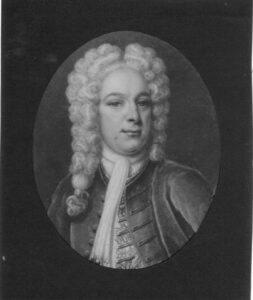
… a man who thinks himself bound to all offices of Humanity. Ephraim Chambers, self-composed epitaph Ephraim Chambers was an […]